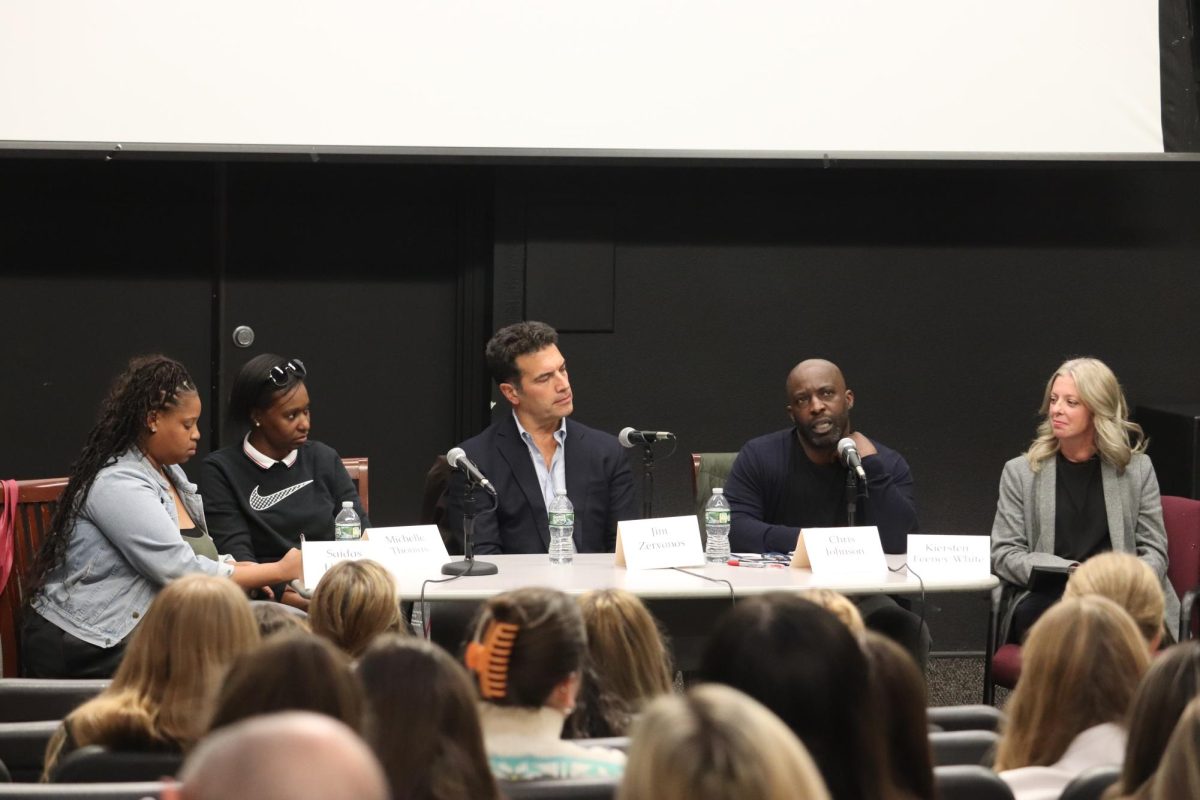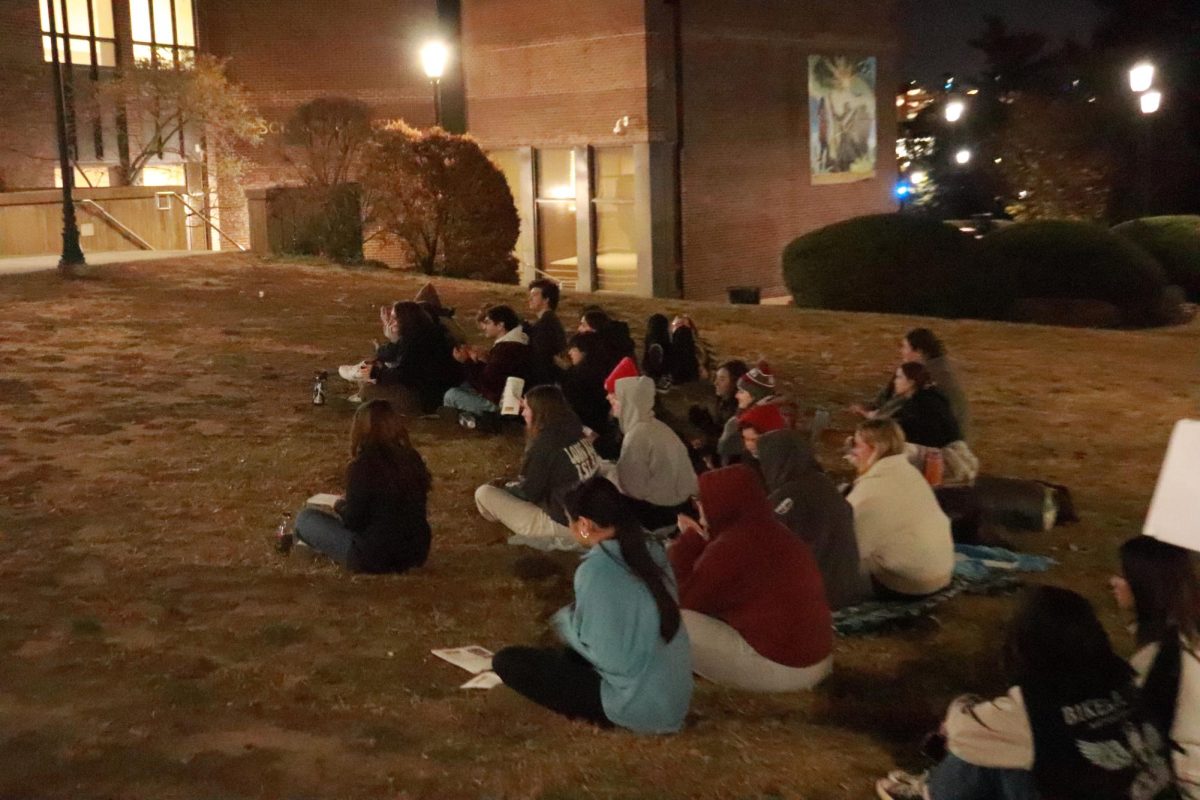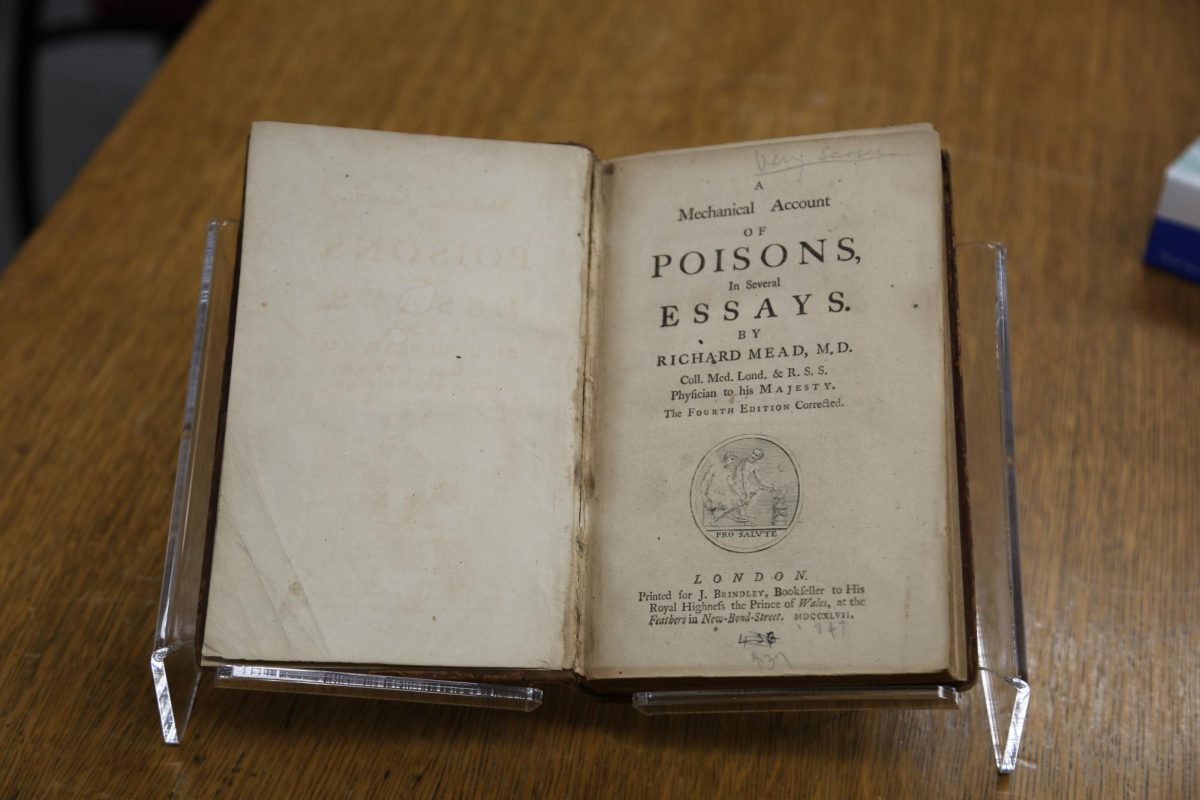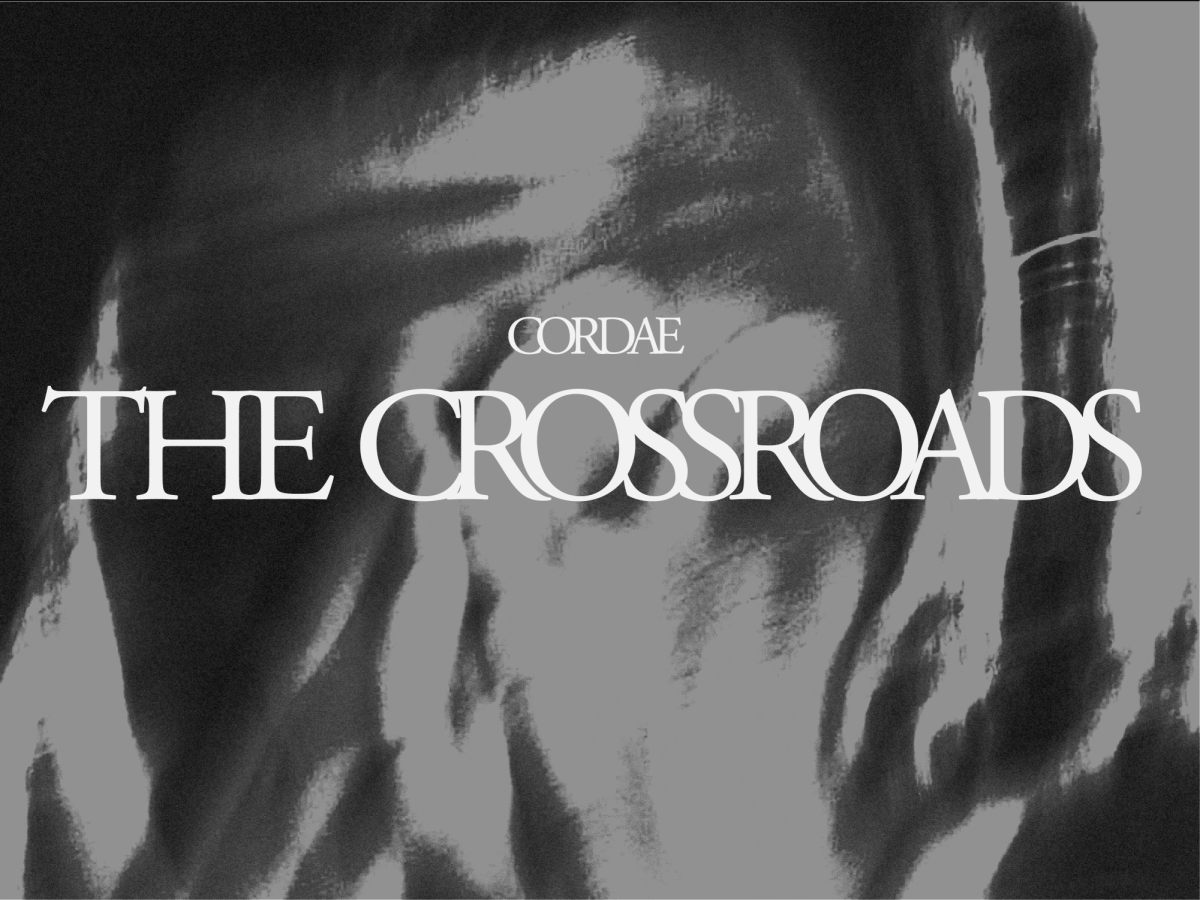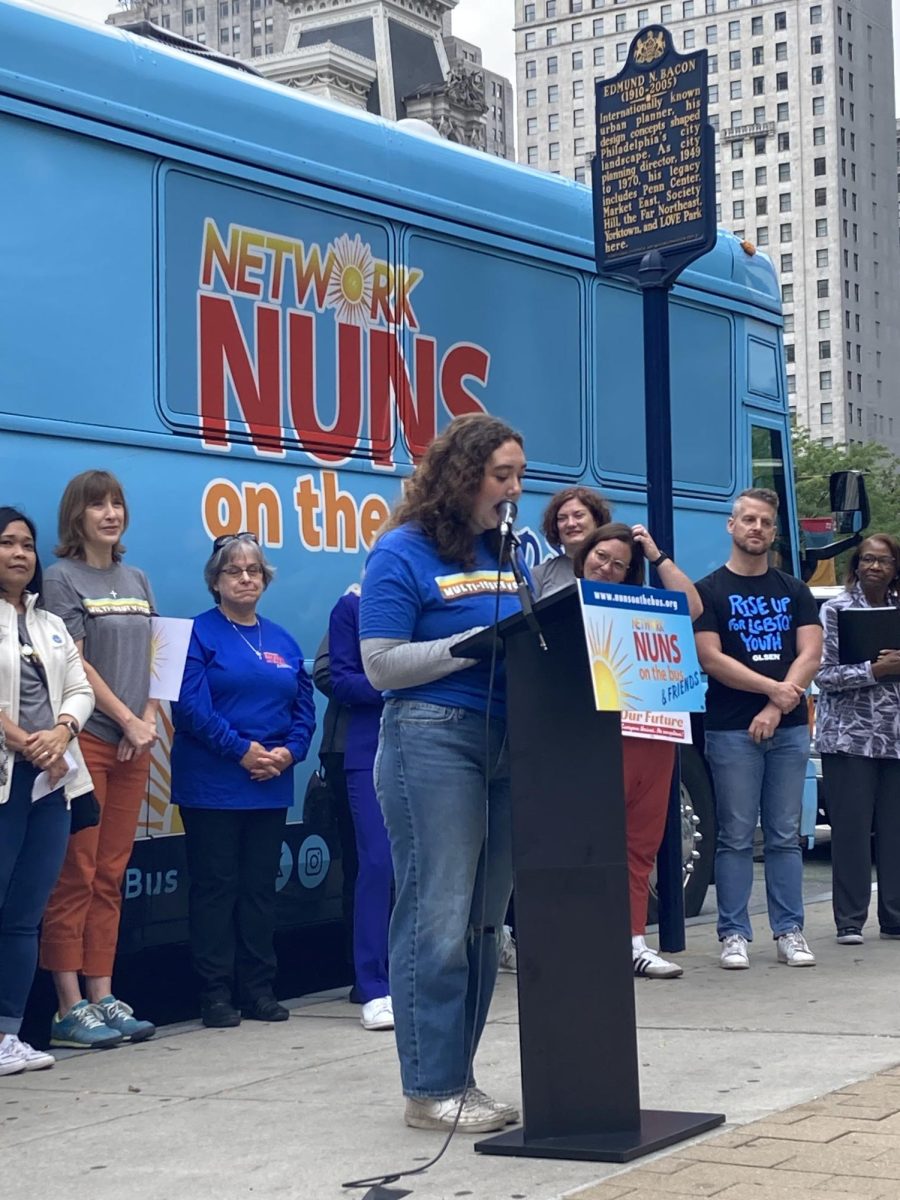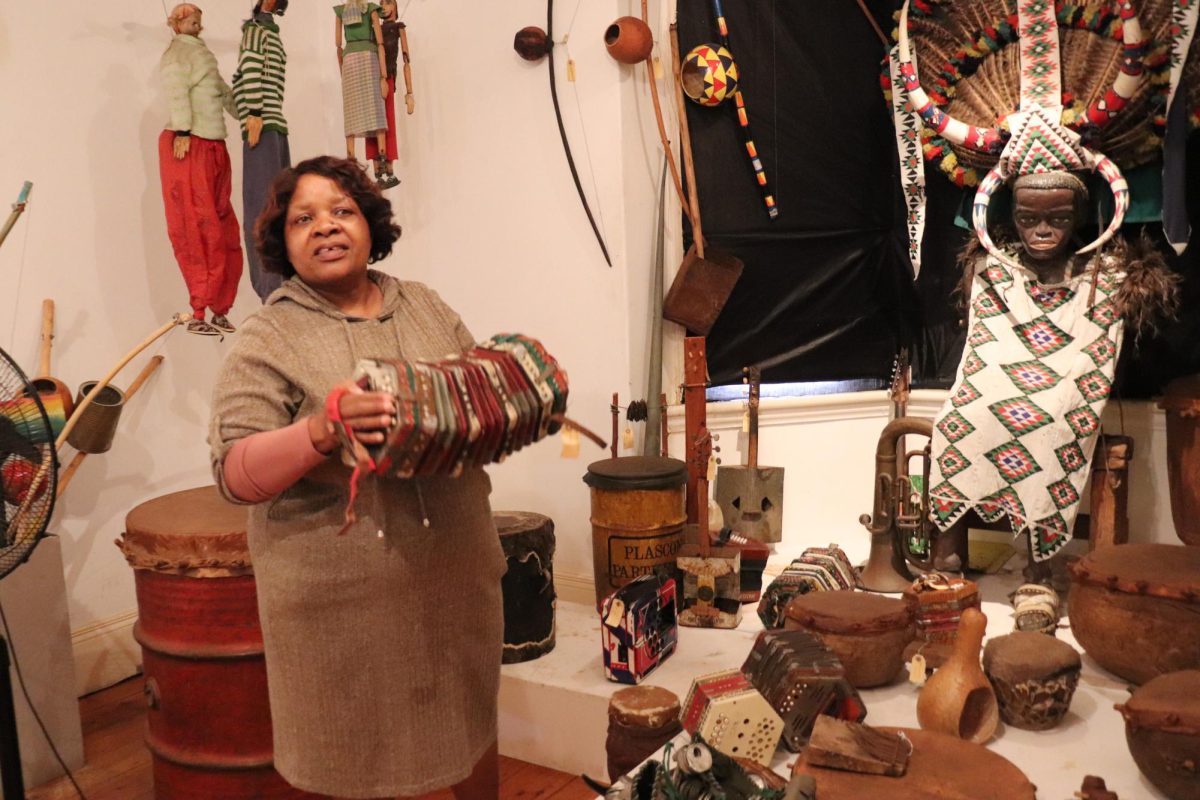Lil Wayne, a legend, an icon, and all the more, released his first album in 1999. Since then, he’s gone on a consistent run in terms of volume, releasing projects almost yearly. Wayne has earned multiple awards, along with critical acclaim, since the beginning of his 20-year run of success.
Wayne has been credited for influencing many prominent modern rappers, some of whom have seen similar success. The best example would be California rapper Kendrick Lamar, who even named a mixtape after Wayne’s “Tha Carter” album series.
With a career such as this, one may ask themselves, “what else can he musically achieve?” Yet here we are with a new album, “Funeral,” from the legend himself. So what does he have to say for himself?
The classic lighter sound effect, the bassline, the piano, incoherent and coherent dialogue… Welcome to the funeral. “Funeral,” the opening track to Wayne’s album is reminiscent of his previous intros, and yet it still comes to be an enjoyable and fresh track. The instrumental is atmospheric, then it slowly becomes a trap sound, and Wayne uses a flow that he’s put on display before, sounding textbook.
The track “Mahogany” is much the same, with Wayne rapping over a decent instrumental. The same can be said for the track “Mama Mia,” except this track stands out in an overwhelmingly negative sense. The production is choppy. Attempting to bob your head to this beat would be awkward to say the least.
At this point, the album becomes a bit repetitive, and it’s only three songs deep. The fourth song, “I Do It,” breaks up the monotony with two guest features, Lil Baby and Big Sean. The instrumental could be heard on the radio almost immediately after its release. Sean provides a hook and a short verse, and Lil Baby offers a generic verse that could be heard on a number of previous songs. The saving grace of the track would have to be Wayne. He sounds excellent over this instrumental while providing some comical one-liners.
“Dreams” and “Stop Playin With Me” are both average tracks. The autotune on “Dreams” is a little rough, but it becomes better as the song continues to play. Funny enough, both of these songs suffer from the same issue, in that the instrumentals sound dated. These songs must have been in the vault for some time, or Wayne wanted to rap over familiar instrumentals.
“Clap For Em” sounds like another version of “Uproar,” a popular song from his last album, “Tha Carter V.” Both of those tracks are dated, so the fact that there are two is obnoxious.
“Bing James,” which is the only solid instrumental that has occurred for quite some time, is nocturnal, somewhat creepy and engaging. It’s sad to say Wayne and the featured rapper on the track, Jay Rock, were both off their game in terms of lyricism.
“Trust Nobody,” featuring Adam Levine is an attempted pop song and feels out of place compared to the rest of the album, throwing off the already disjointed flow of the project.
“Know You Know” comes with a typical 2 Chainz verse and Wayne hook. A song like this can be found on a number of the tracks on the collaborative ColleGrove project they released in 2016.
Next, “Harden” is a great track to say the least. The instrumental is grand, and Wayne is on point for the entirety of the song. “Bastard (Satan’s Kid)” is another solid track. The instrumental is bare yet catchy. Wayne does what he does best, which is flow over the instrumental with an effortless and persistent verse.
“Get Outta My Head,” featuring the late XXXTentacion, is a track that tries to come off as creepy and sinister, yet it ultimately fails. The song tries to incorporate so many sounds that it becomes cluttered and overall a complete mess.
Making it all the way through the album is a commendable act that should be regarded with the utmost respect. While not terrible, most of the tracks are too bland to enjoy, and at 24 tracks, that is not an acceptable issue for any artist.
Wayne is at his best when he sticks to the formula he utilized on his mixtapes, which is to just rap for the entirety of the track. That becomes tiring due to the length of Wayne’s career, which is, in a way, an excellent problem to have.

While not one of his best projects, at least the influence and ingenuity that Wayne brought to hip-hop will always exist.


